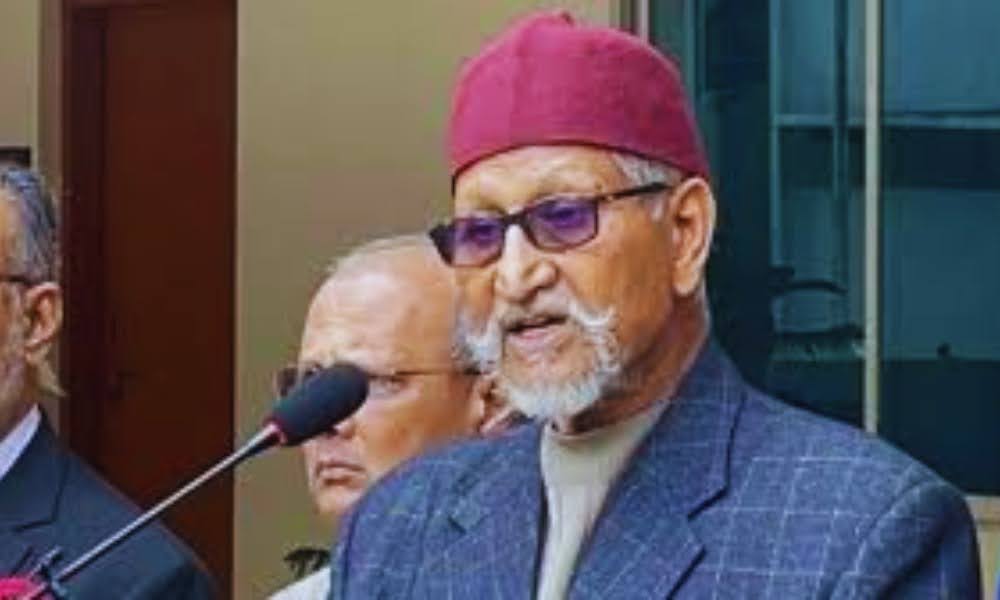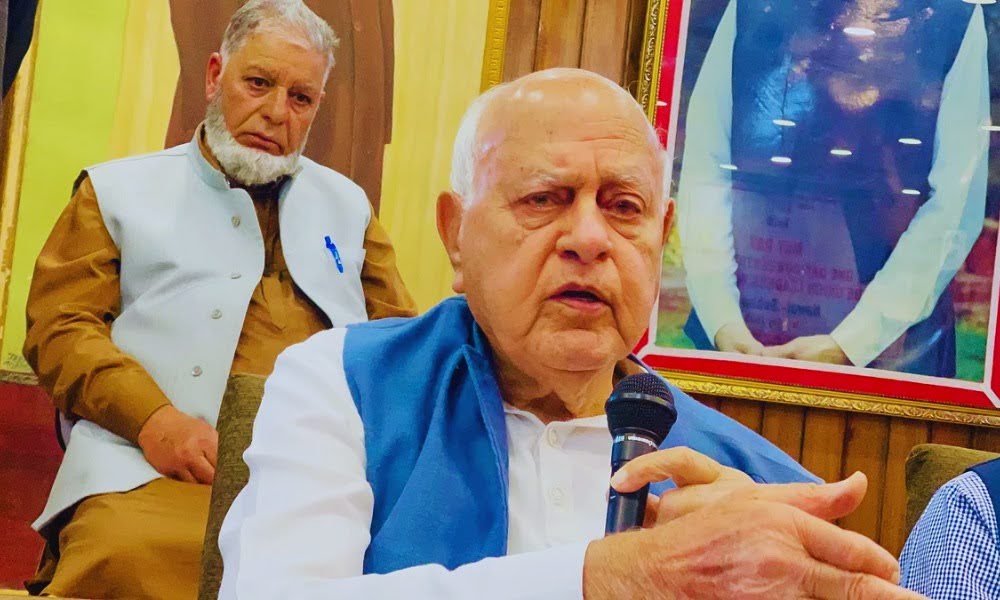Retired Bangladeshi General Sparks Controversy by Urging Invasion of India’s Northeast if Pakistan Attacked

In a controversial Facebook post, ALM Fazlur Rahman, a retired Major General of Bangladesh, proposed that Bangladesh should seize all seven northeastern states of India if New Delhi retaliates against Pakistan for the recent terror attack in Jammu and Kashmir’s Pahalgam, which claimed 26 lives.
Rahman, who formerly led the Bangladesh Rifles—now the Border Guard Bangladesh—and is seen as an associate of Bangladesh’s Chief Adviser Muhammad Yunus, also recommended involving China in this strategy.
“If India attacks Pakistan, Bangladesh will have to occupy seven states of northeast India. In this regard, I feel it is necessary to start discussions on joint military arrangement with China,” he stated in Bengali on Facebook.
Rahman currently serves as chairperson of the National Independent Commission.
Rising Strain in Bilateral Relations
Rahman’s remarks come at a time when India and Bangladesh are attempting to repair diplomatic relations, which have been strained since former prime minister Sheikh Hasina sought asylum in India.
Concerns over alleged attacks on Hindu minorities in Bangladesh have further worsened the situation.
The diplomatic climate had already become tense following a comment by Muhammad Yunus during his March visit to China.
“The seven states of India, the eastern part of India, are called the seven sisters. They are a landlocked region of India. They have no way to reach out to the ocean,” Yunus said.
He described Bangladesh as the “only guardian of the ocean,” suggesting the region presented an opportunity to extend China’s economic reach.
India’s Diplomatic Retort
India’s ruling BJP condemned Yunus’s remarks. External Affairs Minister S. Jaishankar, speaking at the BIMSTEC foreign ministers’ meeting in April, appeared to respond pointedly.
“Our northeastern region in particular is emerging as a connectivity hub for the BIMSTEC, with a myriad network of roads, railways, waterways, grids and pipelines,” he said, stressing India’s awareness of its special responsibilities within BIMSTEC.
Shortly after Yunus’s statement, India terminated a nearly five-year-old agreement allowing the trans-shipment of Bangladeshi goods to third countries via Indian ports and airports, citing congestion issues.
Bangladesh Distances Itself from Rahman’s Statement
Rahman’s suggestion echoed Yunus’s earlier “guardian of the ocean” stance, prompting further backlash. A senior official in Bangladesh dismissed Rahman’s proposal as a personal opinion.
Shafiqul Alam, press adviser to Yunus, stated that the comments did not reflect the Bangladeshi government’s views.
Bangladesh’s foreign ministry also responded swiftly, saying, “The comments do not reflect the position or policies of the government of Bangladesh, and as such, the government neither endorses nor supports such rhetoric in any form or manner.”
More Provocations from Dhaka
Despite these clarifications, inflammatory remarks from figures associated with the interim government in Bangladesh have continued.
Law adviser Asif Nazrul made a controversial statement on the Pahalgam attack, which he later removed citing misrepresentation.
He was also criticised for meeting Harun Izhar, a known Lashkar-e-Taiba associate, in his office. Nazrul defended himself by claiming he only met Hefazat-e-Islam leaders, not individuals linked to terrorism.
Observers believe that Rahman’s remarks are aligned with Muhammad Yunus’s outlook on India and reflect the interim administration’s increasing tilt towards China.
Rahman, who is also heading the investigation into the 2009 Pilkhana massacre involving 74 deaths, holds a position equivalent to an appellate division judge in Bangladesh’s Supreme Court.
India Maintains Composure
While the Indian government has not formally reacted to Rahman’s Facebook post, Prime Minister Narendra Modi had previously responded to Yunus’s comments during a bilateral meeting at the BIMSTEC Summit in Bangkok.
Modi reportedly urged Dhaka to refrain from “rhetoric that vitiates the environment.”
External Affairs Minister S. Jaishankar also made a pointed statement: “Cooperation is not about cherry-picking,” underscoring India’s disapproval of Bangladesh’s apparent shift in tone and alliance interests.
As the fallout from the Pahalgam terror attack continues, voices like Rahman’s and Yunus’s have added to the volatility of India-Bangladesh ties at a time when regional diplomacy remains fragile.







